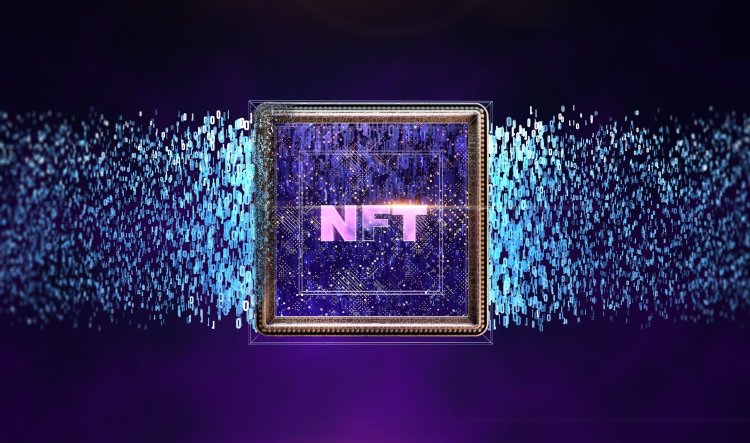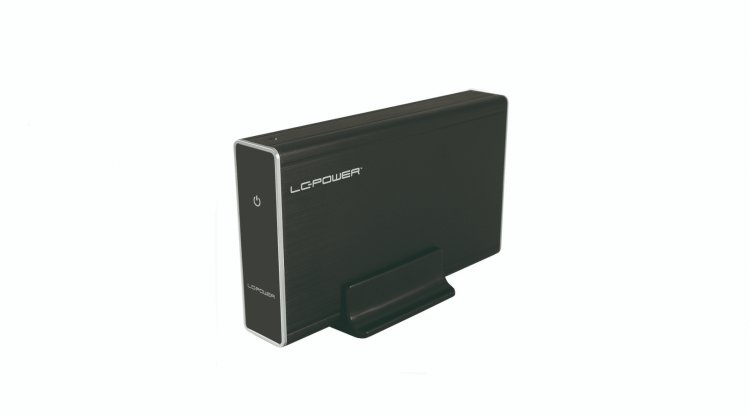NFT: Jack Dorsey's first tweet 'sells' for $280

You may recall that a little more than a year ago, the NFT of Jack Dorsey's first tweet published on the site he had just launched was sold.
Everything began to take shape in the days leading up to Twitter's 15th birthday, when several media outlets and Twitter users dived into their archives, searching for and preserving the initial message from its inventor.
This happened in March of last year when Dorsey was already displaying a lot of interest in the crypto realm and the sale of his first tweet's NFT occurred that same month.
His buyer was cryptocurrency investor and entrepreneur Sina Estavi, and he spent no less than 2.9 million dollars for the coveted NFT, which many considered to be a fantastic investment (in cryptocurrency).
However, what appeared to be an outstanding investment has ultimately turned out to be a colossal flop, resulting in huge losses for Estavi, who definitely did not anticipate such a bleak outcome for his investment.
And it is that at the conclusion of last week, he chose to sell the highly valuable NFT from Jack Dorsey's tweet, and his estimates led him to believe that the digital asset would be worth more than $50 million.
Of course, as a gesture of goodwill, he stated that he would donate half of the proceeds from this successful sale to charity. He would have generated a net profit of $22.1 million in just over a year if he had reached $50 million and donated $25 million to charitable causes. A circular strategy.
However, reality fell short of Estavi's hopes. Furthermore, reality did not even come close to matching these estimates. According to Coindesk, the NFT auction only received seven bids, which began at 0.0019 ETH (almost six dollars) and rose to 0.09 ETH (277 dollars). The numbers are so low that it appears to be a prank, but it is the true outcome of the auction once it is completed.
So, what happened next?
"The time I set was over, but if I get a nice offer, I could accept it, maybe I'll never sell it," Estavi told Coindesk. An attitude that, without a doubt, adds credibility to both Estavi, who was jailed in Iran last year, and the NFT market, in which we can see how a seller decides to reverse a sale when the auction result is not interested.
Nobody can deny that the NFT market is not in a good place right now. From problems like Pixelmon to evidence of a lack of security in some situations, like Axie Infinity, not to mention the increasing presence of fraud, we must now add Jack Dorsey's NFT auction bug, and its owner's breach of the moral commitment is gained by putting it up for sale.




























